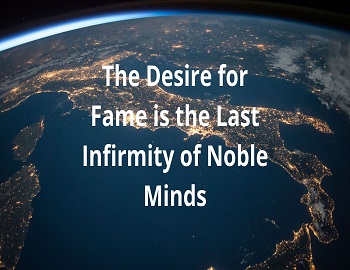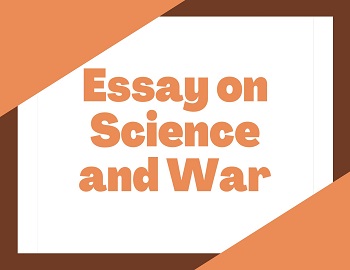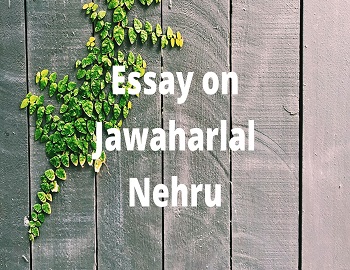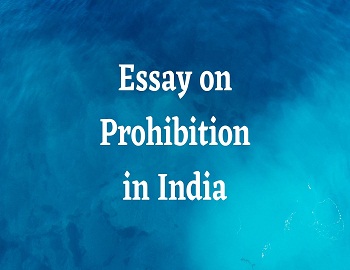The Desire for Fame is the Last Infirmity of Noble Minds:
“Fame is the perfume of heroic deeds”- Socrates.
Man is mortal, but everywhere he wants to be immortal. The body is sure to perish, but we desire our memory to remain green in the minds of posterity. We want to leave our footprints on the sands of time so that the newspapers may publish our photographs and accounts of our activities and the historians may mention our doings after we are dead and buried. We do not want to be like the dumb-driven cattle, who have their day and cease to be: we want to be heroes and leaders, to shape the destinies of nations and of humanity. We want to be world-movers and globe-shakers, so that our fame may live after our death. We want to find lodgement in the heart of the masses. We wish our name to be a household word so that people who have never seen us should be talking about us and commending our doings.
For, those who live in the memory of coming generations die not, even though they may not be present in flesh and blood. Shakespeare died over three centuries ago, but even today he lives by the fame of his works. The immortal names of the past, like Alexander and Raphael and Caesar and Homer, know no death. Their fame has lasted beyond the grave. For men may come and men may go, but they go on forever.
How do such fortunate few win immortality? The millionaires, who live for themselves, are remembered by none. But the patriots who sacrifice their all for the good of humanity achieve undying fame. The world remembers those who live and die for its sake. Gandhi died so that others may live; Nehru spent years in prison so that India may be free, and their names shall live so long as India lives.
Milton says that noblemen, who have no axe to grind and who are embodiment of selflessness, still cherish the desire for fame. Great men quarrel over leadership. Bolivar, who liberated South America from Spanish yoke, quarrelled with his leader Miranda and was responsible for his imprisonment and death. Stalin deported his rival Trotsky, who was later killed. Garibaldi, the leader of the Italian freedom movement, quarrelled with his leader. There was no love lost between Gladstone and Disraeli, who were both aspirants to the Prime Ministership of England.
But it would be a half-truth to say that noble minds do what they do only for the love of fame. Did Christ mount the cross to save humanity, or to achieve fame? Did Buddha, who renounced his kingdom and the world, desire fame? Did Gandhi, who lifted India out of the ruts of slavery and set her on the glorious course of freedom, have an eye on fame? Is Nehru serving India for the love of fame? Local leaders, who look on public service as a shortcut to prominence, might be guided by the love of fame; but that is not the case with those immortal beings who are born for the good of humanity and who have disinterested love of truth and service.
| “We toil for fame, We live on crusts; We make a name, Then we are busts”. |









Comments (No)